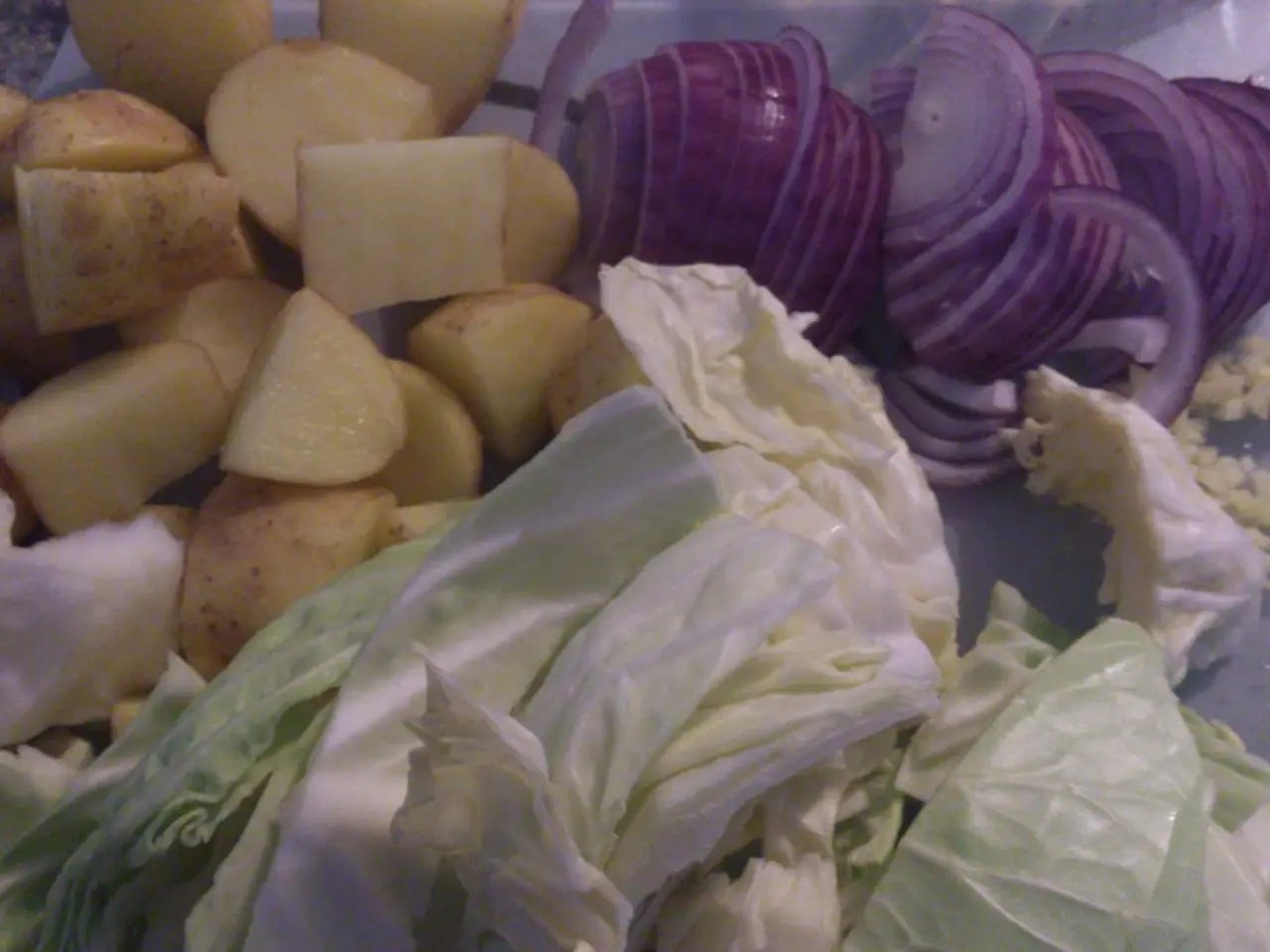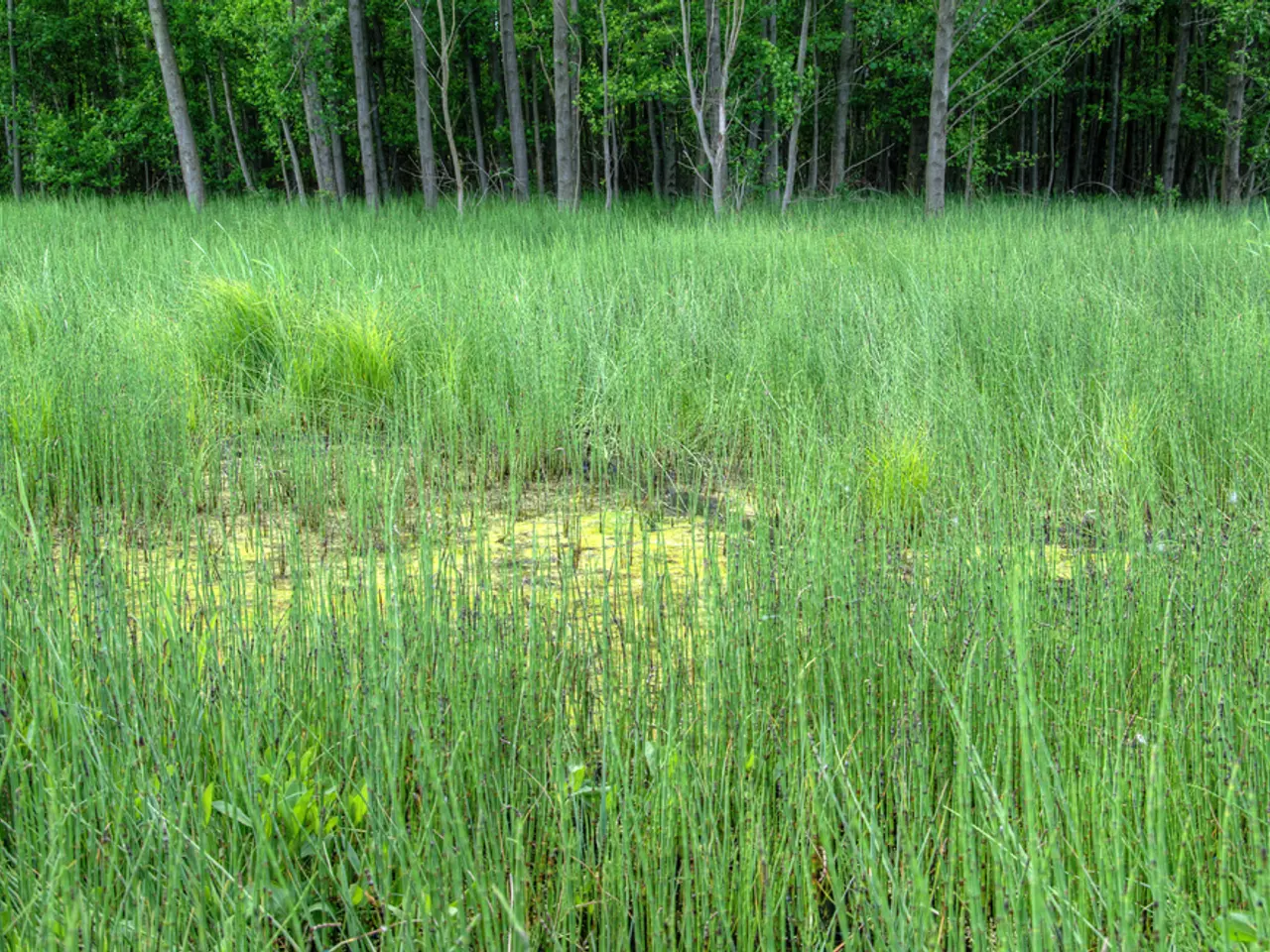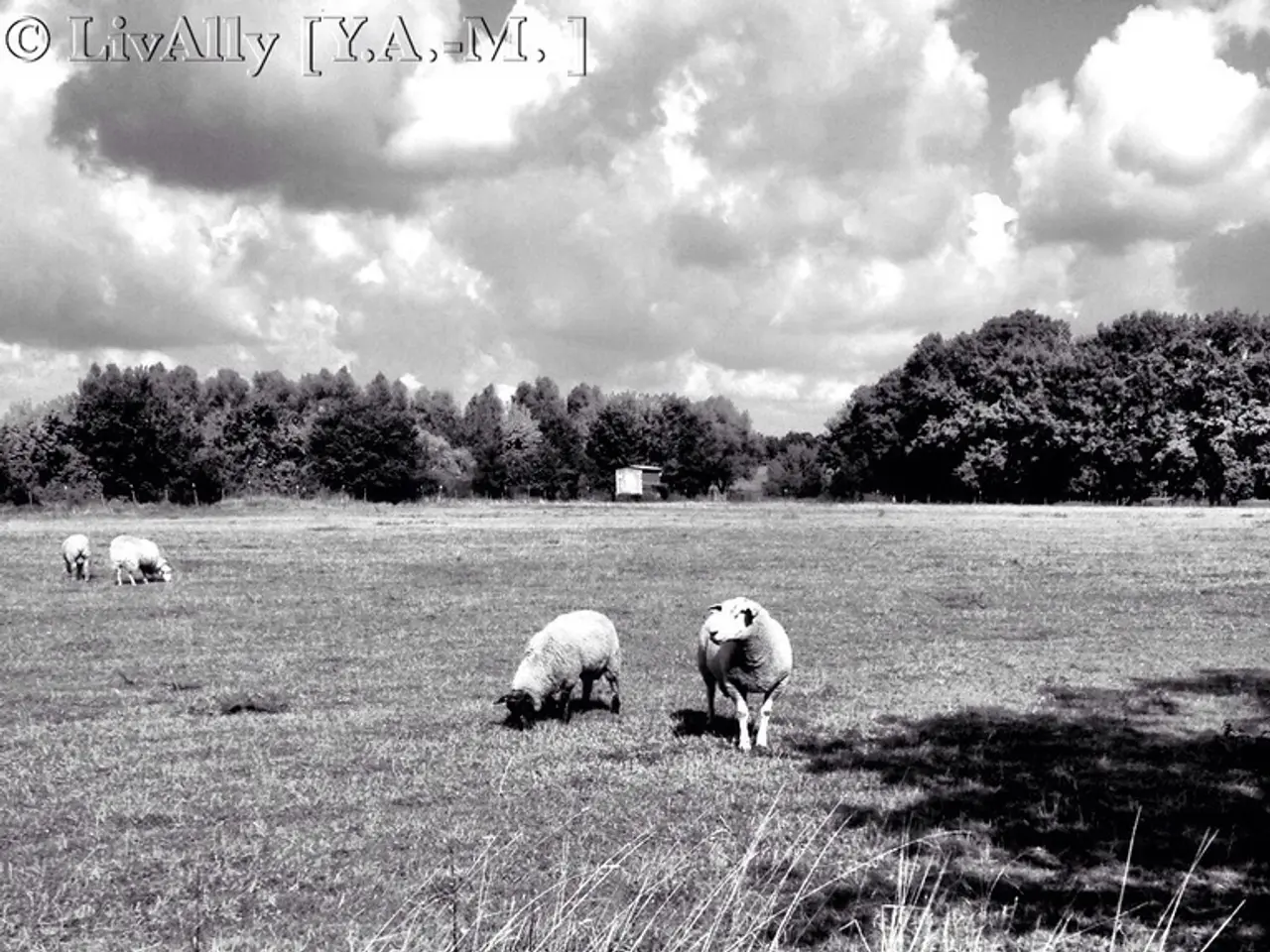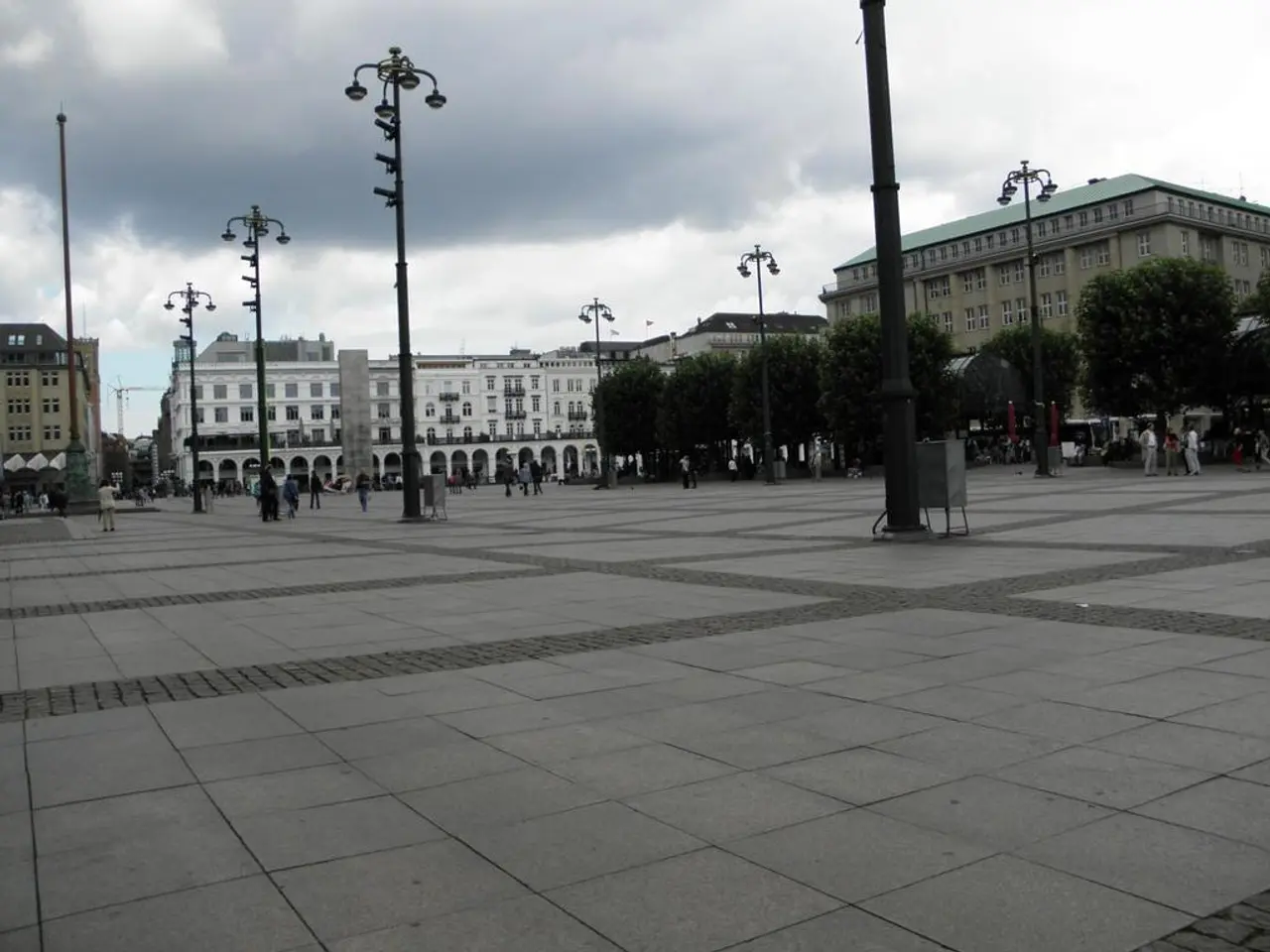Crisis looms over Latvia, according to the head of Latvia First Party
In the heart of Europe, the small nation of Latvia is currently grappling with an economic crisis. The country, once under the rule of Unity, has found itself at the bottom of the economic ladder, being named the poorest country in Europe [1].
The crisis is primarily driven by severe agricultural losses due to extreme weather conditions. Persistent rainfall, frost, and flooding have wreaked havoc on crops, leading to price hikes in the agricultural sector [1]. To alleviate the sector's losses, the government has declared a nationwide agricultural state of emergency, which will remain in effect until November 2025. This emergency measure aims to provide financial relief and support to farmers, offering tax leniency and flexible loan terms during this challenging period [1].
However, the crisis doesn't end there. Latvia is also grappling with a budgetary crunch linked to rapid increases in defense spending [1]. Despite these challenges, the Ministry of Finance projects a modest 1.1% GDP growth in 2025, improving to around 2.1–2.2% annually by 2026–2029 [4]. The Bank of Latvia holds an even more optimistic view, predicting a more robust recovery [4].
Yet, Latvia's overall economy is not the only concern. The country is also facing systemic issues such as demographic decline, rising cost of living, and social challenges like youth insecurity and family crises, all contributing to a fragile socio-economic environment [5].
Meanwhile, neighbouring countries Lithuania and Estonia are projected to close the development gap with their current pace, taking 15-25 years [2]. Historically, all three Baltic states have been on somewhat similar economic trajectories, although with differences in sectors and growth rates [3]. However, Latvia's recent agricultural crisis and political-administrative problems may temporarily hinder its development pace [3].
While Lithuania and Estonia, not specifically mentioned as facing a similar crisis presently, might catch up or surpass Latvia depending on their policy responses, investments, and structural reforms [3]. The exact timing would depend on economic resilience, policy choices, and external conditions [1][4][5].
In the face of these challenges, the leader of the Latvia First Party, Ainars Schlessers, has stated that Latvia is in a crisis [1]. The road to recovery will undoubtedly be a long one, but with careful planning and strategic decisions, Latvia can work towards rebuilding its economy and securing a brighter future for its people.
The current economic crisis in Latvia, primarily driven by agricultural losses and a budgetary crunch, necessitates careful consideration of policy-and-legislation in politics to address the issues. General news reports indicate that Latvia's Leader, Ainars Schlessers, acknowledges the crisis and emphasizes the need for strategic decisions to aid in economic recovery and secure a brighter future for the nation.







